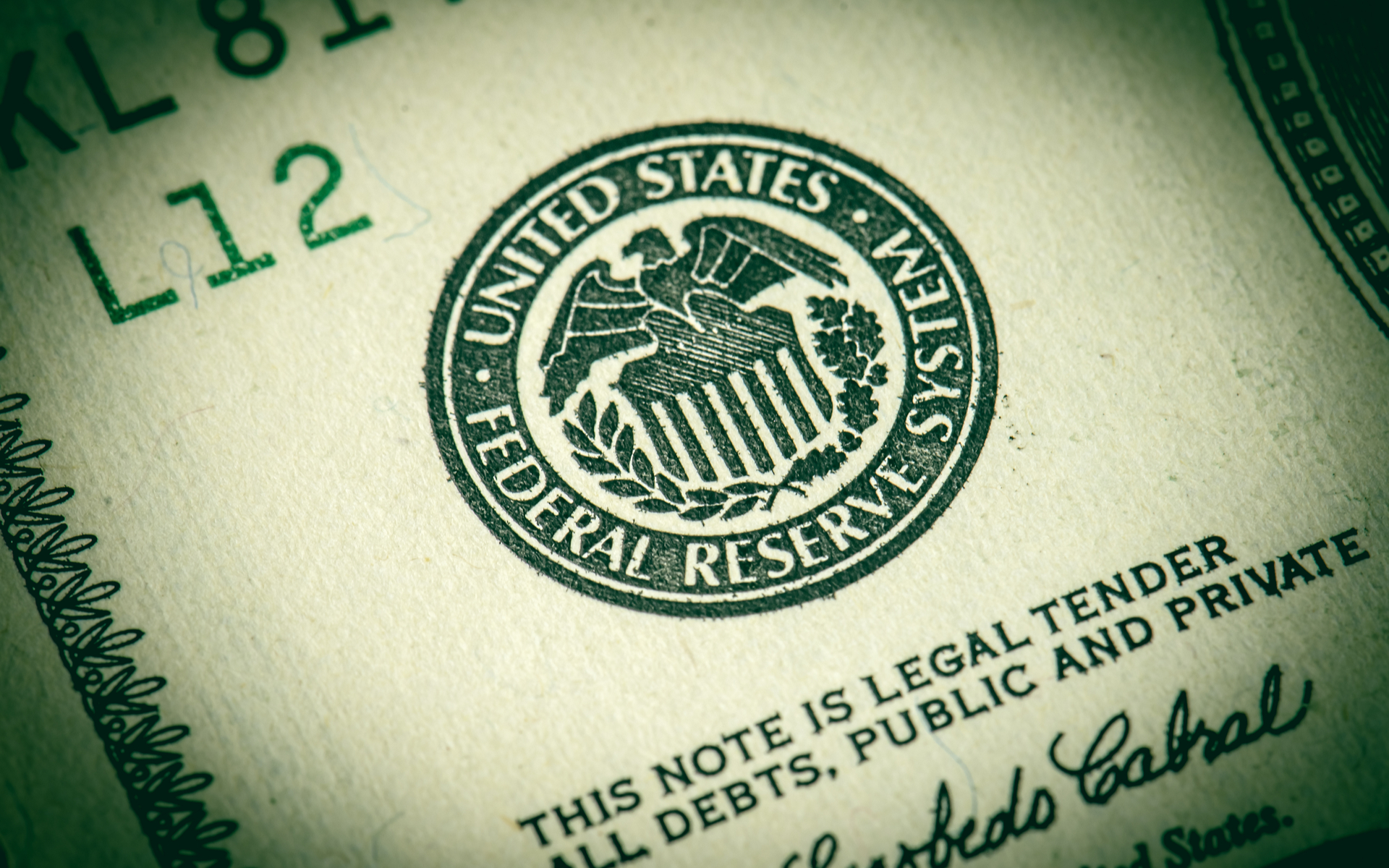PALO ALTO, Calif. (Reuters) - The Federal Reserve is taking a look at a broad variety of issues around digital payments and currencies, including policy, style and legal factors to consider around possibly providing its own digital currency, Governor Lael Brainard said on Wednesday. Brainard's remarks suggest more openness to the possibility of a Fed-issued digital coin than in the past." By transforming payments, digitalization has the possible to deliver higher value and convenience at lower cost," Brainard stated at a conference on payments at the Stanford Graduate School of Organization.
Central banks globally are debating how to handle digital financing innovation and the dispersed journal systems utilized by bitcoin, which assures near-instantaneous payment at possibly low expense. The Fed is developing its own round-the-clock real-time payments and settlement service and is currently reviewing https://s3.us-east-2.amazonaws.com/palmbeachresearchgroup5/index.html 200 comment letters sent late last year about the proposed service's design and scope, Brainard said.
Less than 2 years ago Brainard informed a conference in San Francisco that there is "no compelling showed requirement" for such a coin. But that was before the scope of Facebook's digital currency aspirations were commonly known. Fed authorities, consisting of Brainard, have actually raised issues about customer securities and information and privacy threats that could be posed by a currency that could enter usage by the 3rd of the world's population that have Facebook accounts.

" We are teaming up with other central banks as we advance our understanding of reserve bank digital currencies," she stated. With more nations checking out releasing their own digital currencies, Brainard stated, that adds to "a set of reasons to likewise be ensuring that we are that frontier of both research and policy development." In the United States, Brainard said, problems that require study consist of whether a digital currency would make the payments system more secure or simpler, and whether it might posture monetary stability risks, including the possibility of bank runs if money can be turned "with a single swipe" into the central bank's digital currency.
To counter the monetary damage from America's extraordinary national lockdown, the Federal Reserve has actually taken extraordinary actions, consisting of flooding the economy with dollars and investing straight in the economy. The majority of these relocations got grudging approval even from many Fed doubters, as they saw this stimulus as needed and something only the Fed might do.
My brand-new CEI report, "Government-Run Payment Systems Are Risky at Any Speed: The Case Against Fedcoin and FedNow," information the risks of the Fed's current strategies for its FedNow real-time payment system, and proposals for main bank-issued cryptocurrency that have actually been Click to find out more called Fedcoin or the "digital dollar." In my report, I talk about issues about privacy, information security, currency adjustment, and crowding out private-sector competition and development.
Advocates of FedNow and Fedcoin say the federal government should develop a system for payments to deposit instantly, rather than motivate such systems in the economic sector by raising regulatory barriers. However as kept in mind in the paper, the personal sector is providing a seemingly limitless supply of payment technologies and digital currencies to solve the problemto the degree it is a problemof the time space between when a payment is sent and when it is received in a savings account.
And the examples of private-sector development in this area are numerous. The Cleaning House, a bank-held cooperative that has been routing interbank payments in different kinds for more than 150 years, has been clearing real-time payments since 2017. By the end of 2018 it was covering 50 percent of the deposit base in the U.S.